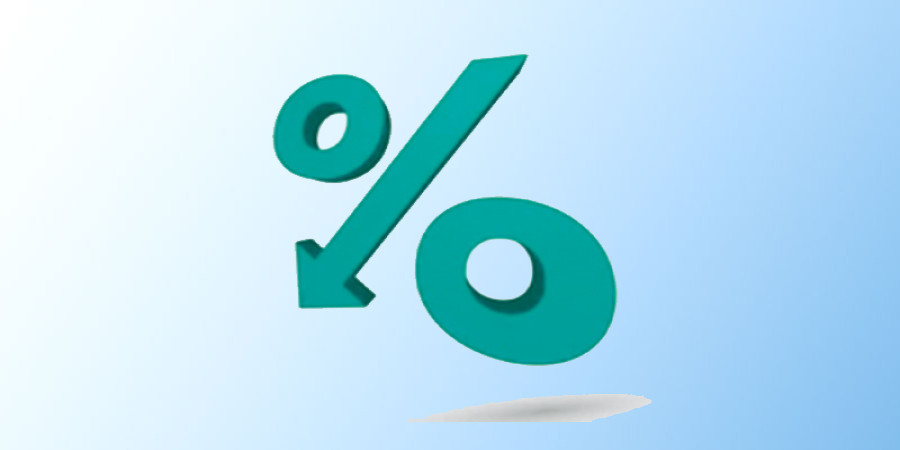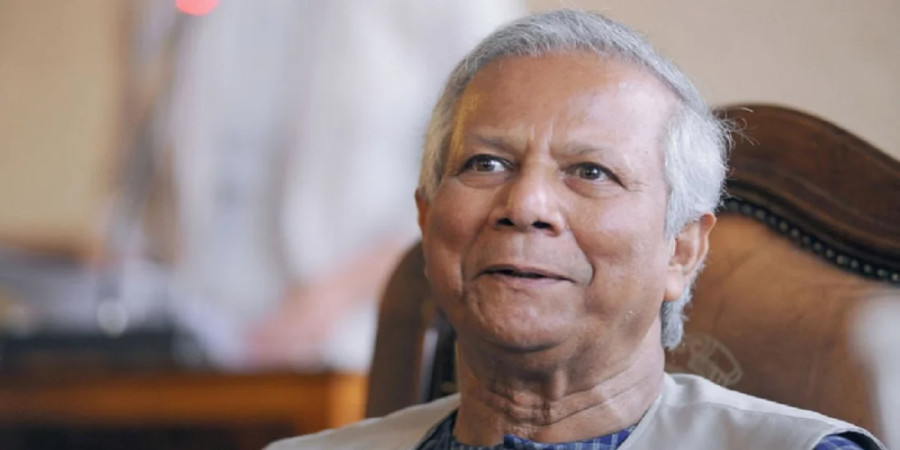
ছবি: Photo: Collected
Bangladesh’s private sector credit growth has hit a historic low, plunging to 6.82% in February of the current fiscal year 2024–25. The Bangladesh Bank released updated figures yesterday, revealing that private sector credit expansion has slowed significantly, falling far short of the monetary policy target of 9.8% for the fiscal year.
In January, private sector credit growth stood at 7.15%, already underwhelming. However, the latest figures for February indicate that growth has now dipped to levels not seen since February 2004, when it last fell below 6.82%. This marks a new 21-year low for credit growth in one of the country's key economic drivers.
The data shows that as of the end of February 2025, the outstanding amount of loans disbursed by banks to the private sector stood at BDT 16.84 trillion. A year earlier, in February 2024, the total was BDT 15.77 trillion, resulting in a year-on-year growth of just 6.82%.
Bank executives and financial analysts attribute the significant decline in lending to a multitude of factors. Chief among them is the persistent lack of new private investment. Uncertainty in the political landscape, along with rising interest rates and concerns over law and order, have made investors wary of making fresh commitments.
Furthermore, a crackdown on financial irregularities and fraudulent borrowing—such as through shell companies—has also played a role in the reduced volume of private credit. With stricter oversight now in place, the earlier practice of inflated or fictitious lending has slowed considerably, contributing to the lower credit growth figures.
Analysts argue that while these regulatory steps are necessary, the absence of investment-friendly conditions has compounded the issue. Many entrepreneurs are hesitant to expand or initiate ventures amid concerns over cost of capital and market volatility.
Despite the central bank’s monetary policy aiming to foster controlled credit expansion while keeping inflation in check, the lack of demand for loans suggests that the broader economy is suffering from stagnation in private investment.
The trend underscores a challenging phase for Bangladesh’s banking and business ecosystem, where credit flow to the real economy has weakened significantly. Unless business confidence is restored and policy conditions stabilize, experts warn that private sector growth may remain sluggish, further affecting overall economic momentum.
repoter






